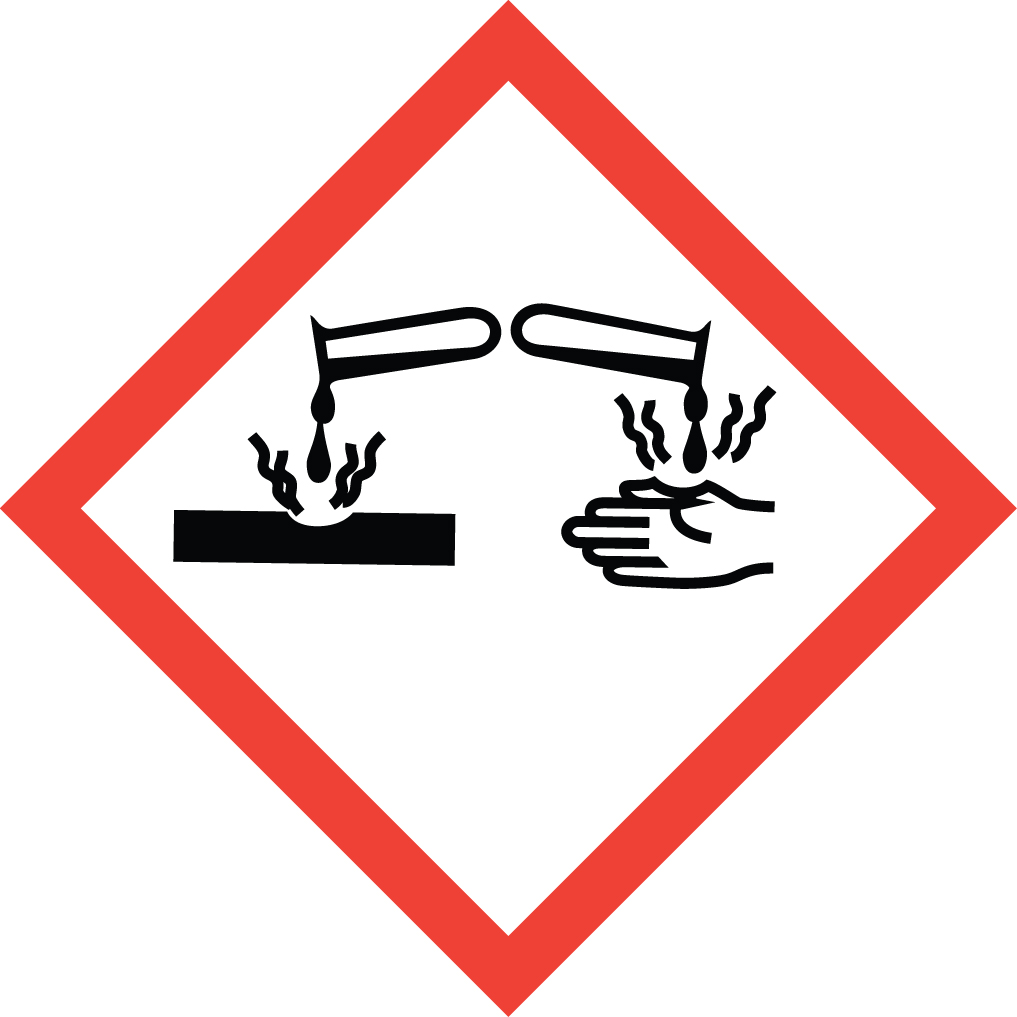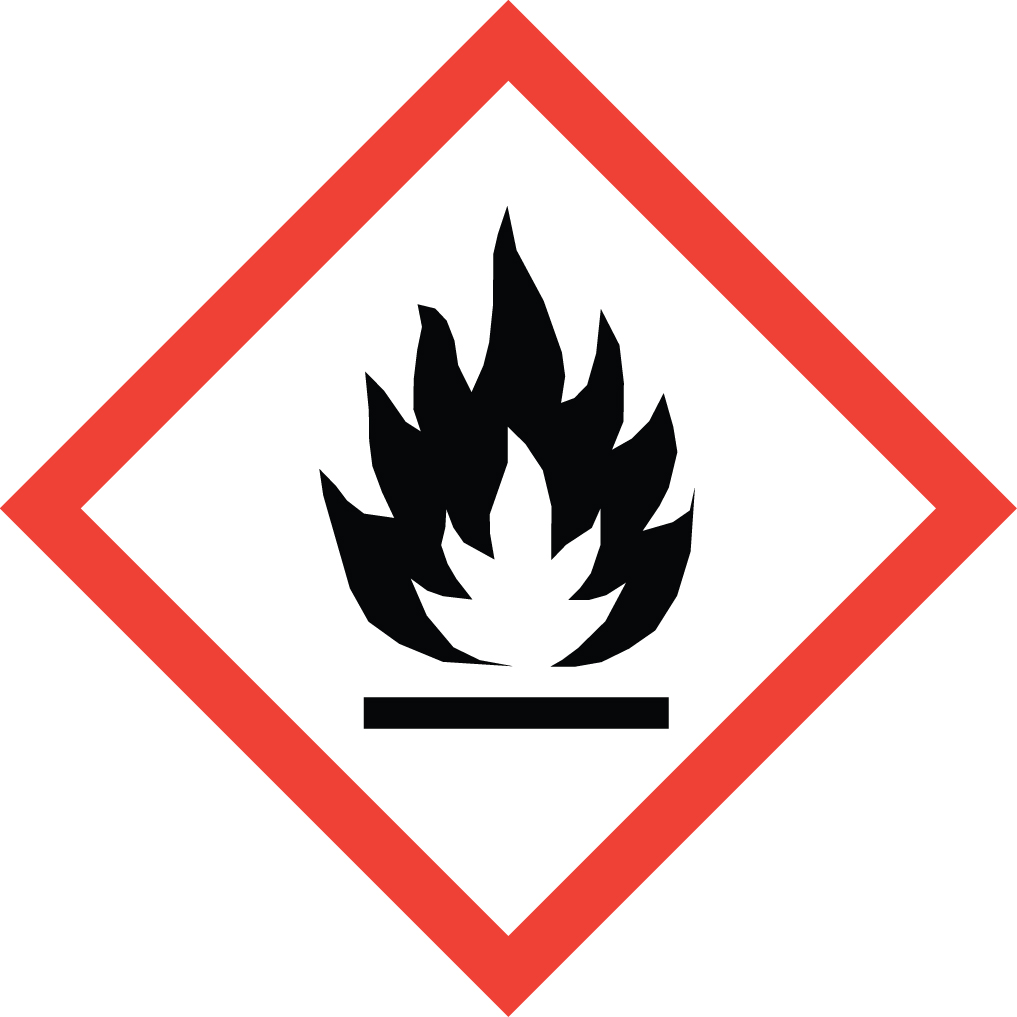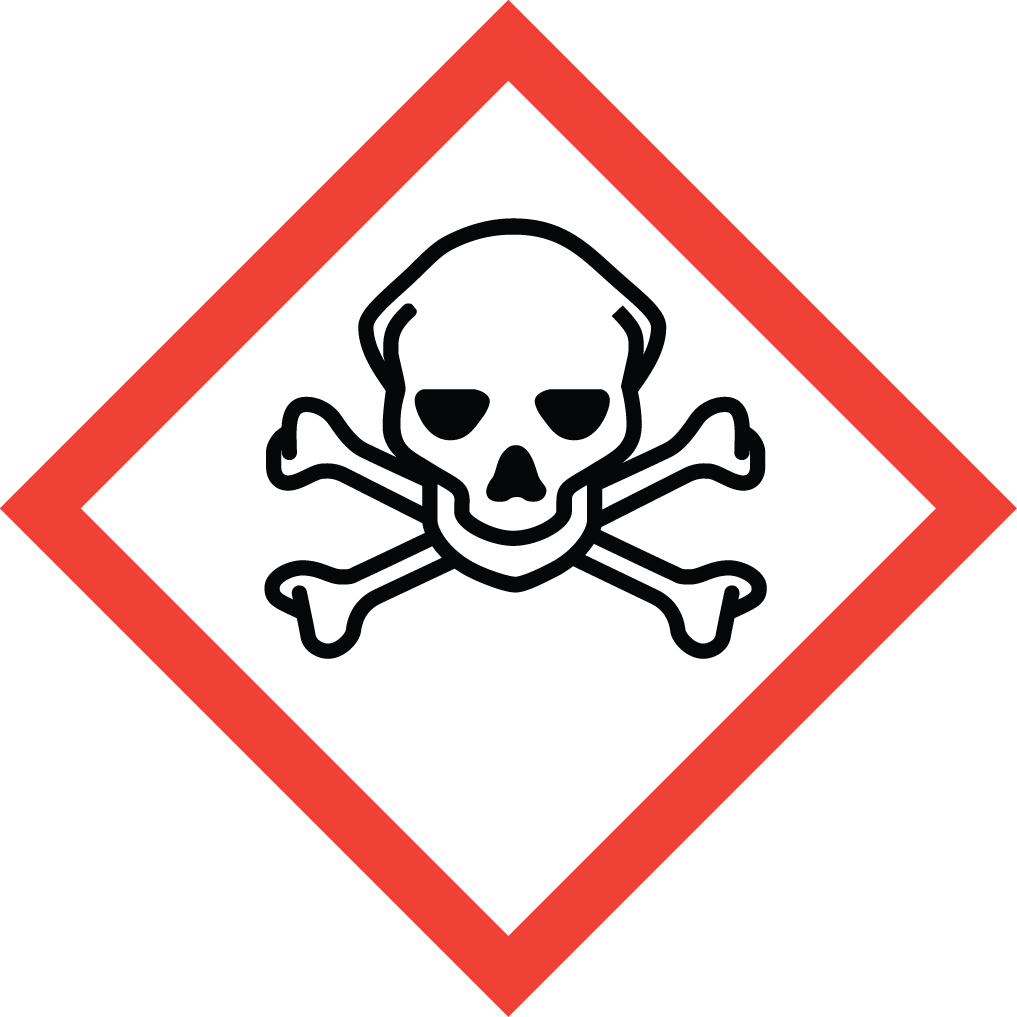Household Hazardous Waste Collections
2024 Household Hazardous Waste Collection Schedule
Saturday, April 20, 2024, 8 a.m. to Noon. Location: 9 Stadium Drive, Nashua.
Saturday, May 4, 2024, 8 a.m. to Noon. Location: 289 South Street, Milford.
Thursday, June 6, 2024, 3 p.m. to 7 p.m. Location: 9 Stadium Drive, Nashua.
Saturday, August 24, 2024 8 a.m. to Noon. Location: 9 Stadium Drive, Nashua.
Saturday, October 5, 2024 8 a.m. to Noon. Location: 9 Stadium Drive, Nashua.
Saturday, November 2, 2024 8 a.m. to Noon. Location: 9 Stadium Drive, Nashua.
Click here for detailed information about collection sites
Download a printable 2024 HHW schedule - English | Spanish | Portuguese
The Nashua Regional Planning Commission (NRPC) organizes and staffs the household hazardous waste collection program on behalf of the Nashua Region Solid Waste Management District (NRSWMD). The NRSWMD was formed in 1988 specifically to address the problem of how to safely and legally dispose of household hazardous waste. The NRSWMD is comprised of the towns of Amherst, Brookline, Hollis, Hudson, Litchfield, Merrimack, Milford, Mont Vernon, Nashua, Pelham, and Windham.
User Fees
User Fees: $15 per vehicle, for up to 10 gallons or 20 pounds of hazardous waste.
Additional fees will be charged for amounts above 10 gallons (liquids) or 20 pounds (solids). Containers larger than 5 gallons require special handling and need to be pre-registered by calling (603) 417-6570.
We accept cash or check. Please make your hazardous waste check payable to "NRSWMD."
Carpooling is encouraged. If you and your neighbors collectively have less than 10 gallons or 20 pounds of materials and you carpool in one vehicle, you’ll only be charged $15.00 total.
Businesses: Small businesses need to call ahead of time to register. Costs will be paid directly to vendor and are based on the type and quantity of waste you are disposing of. Pre-registration is required at least 2 weeks prior to the event. For more information call (603) 417-6570.
What is Household Hazardous Waste (HHW)?
Household Hazardous Wastes (HHW) come from everyday products used in the home, yard, or garden. Oil-based paints, solvents, auto products, antifreeze, pesticides, gas, and household cleaners are just a few examples. See our Frequently Asked Questions page for more examples. NRPC holds HHW Collections to allow residents to properly dispose of these products.
By definition, household hazardous waste is corrosive, flammable, toxic, or reactive.
 Corrosive – Corrosive/caustic substances will destroy or irreversibly damage other substances they come in contact with. They can damage eyes, skin, and tissue, with exposure resulting in chemical burns. Breathing or eating can damage the lungs, intestines and stomach.
Corrosive – Corrosive/caustic substances will destroy or irreversibly damage other substances they come in contact with. They can damage eyes, skin, and tissue, with exposure resulting in chemical burns. Breathing or eating can damage the lungs, intestines and stomach.
Look at the label: Words such as “causes severe burns on contact” or “can burn eyes, skin, throat” mean a product is corrosive.
 Flammable - Flammable substances can burn or ignite, causing fire. Solids, liquids, and gases can all be flammable. Flammable materials should never be used or stored near sources of heat, flame, sparks, static discharge, or in unventilated areas.
Flammable - Flammable substances can burn or ignite, causing fire. Solids, liquids, and gases can all be flammable. Flammable materials should never be used or stored near sources of heat, flame, sparks, static discharge, or in unventilated areas.
Look at the label: Words such as “don’t use near heat or flame,” “combustible,” and “do not smoke near this product” mean a product is flammable.
 Toxic – Toxic/poison substances are capable of causing injury or death through ingestion, inhalation, or absorption. Many household cleaning products are toxic.
Toxic – Toxic/poison substances are capable of causing injury or death through ingestion, inhalation, or absorption. Many household cleaning products are toxic.
Look at the label: Words such as “harmful or fatal if swallowed” or “use only in well ventilated areas” mean a product is toxic.
 Reactive – Reactive/explosive substances can spontaneously ignite or create poisonous vapors when mixed with other products. They can also explode when exposed to heat, light, sudden shock, or pressure.
Reactive – Reactive/explosive substances can spontaneously ignite or create poisonous vapors when mixed with other products. They can also explode when exposed to heat, light, sudden shock, or pressure.
Look at the label: Fortunately, with the exception of fireworks, most current consumer products are not reactive. The word "reactive" will likely appear on the label.
Why Participate?
Bringing your household hazardous waste to a collection event protects people and the environment. When hazardous waste is put in the trash, on the ground, down the sink, or into a storm drain, it can pollute water, threaten human health, and harm wildlife. If you have old, leftover household supplies that say “caution,” “poison,” “warning,” or “danger” anywhere on their product label, properly disposing of them can also prevent injuries to humans and pets in your home.
The best way to reduce the amount of household hazardous waste in your home is to avoid buying it at all. Look for labels that say “nontoxic” and avoid products with labels that say “flammable, corrosive, explosive, or toxic.” If you can’t find an alternative, buy the smallest container that will meet your needs. If you have any product leftover, offer to share it with your neighbors and friends while it is still useful..jpg)
Follow us on Facebook to receive notices about upcoming HHW collection events.
